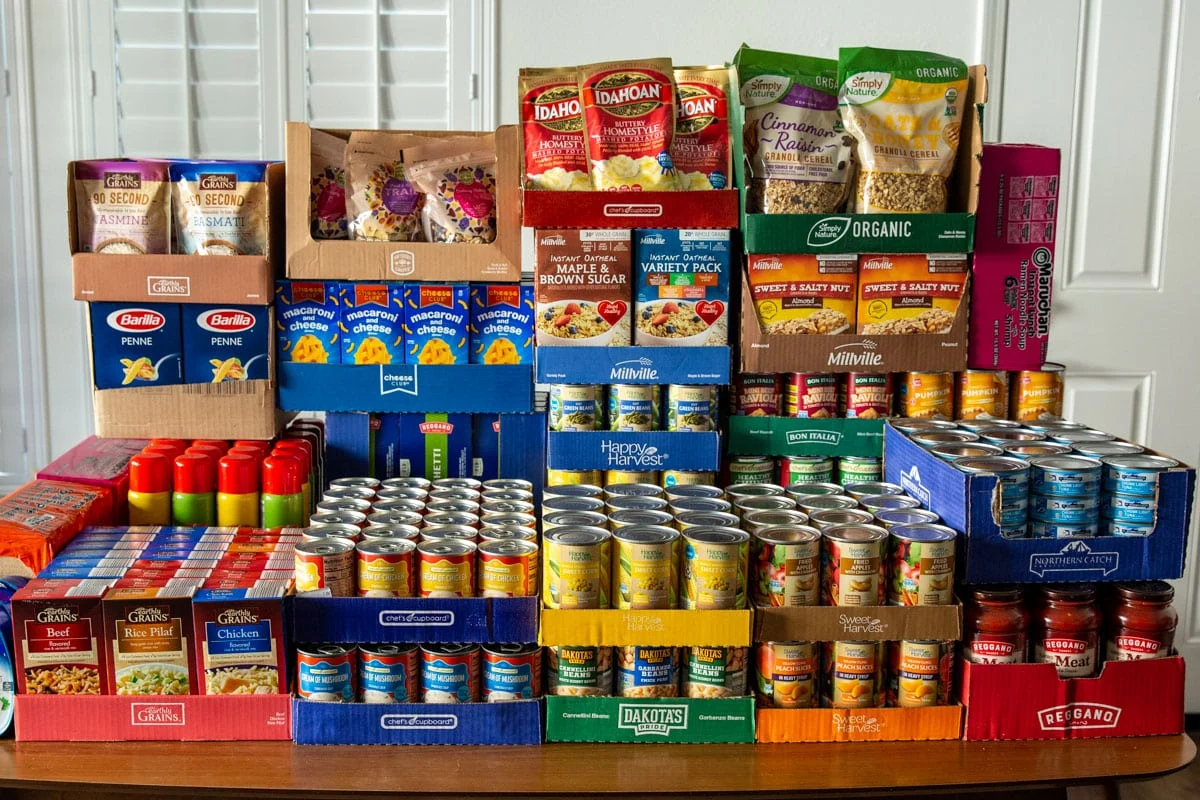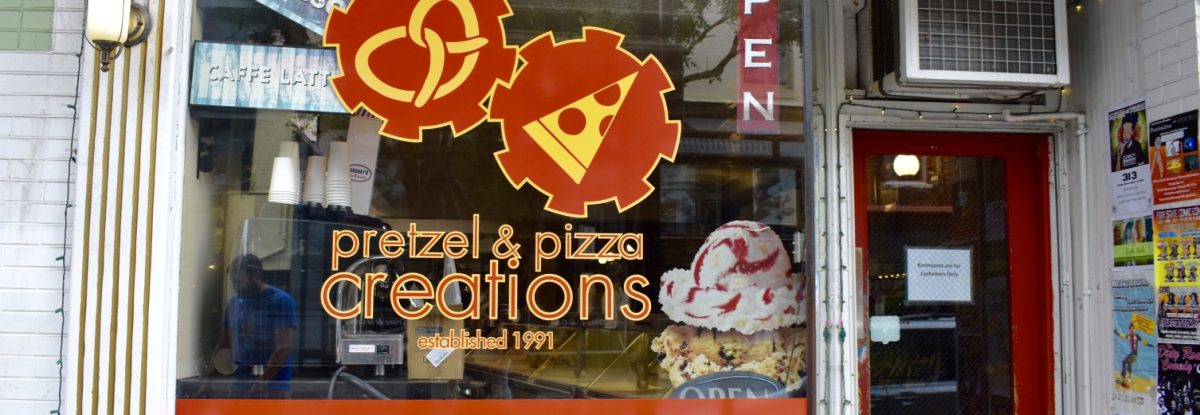The WHO Pushes For Sugary Drink Tax
October 13, 2016
On Tuesday, October 11, the World Health Organization (WHO) released a report urging countries around the world to place a tax on sugar heavy drinks. The hope is that the tax will help lower the world rate of obesity, type 2 diabetes, and tooth decay by discouraging people from buying and consuming these drinks. A lower rate of consumption would mean a lower intake of free sugars and calories. Free sugars are monosaccharides (like glucose and fructose) and disaccharides (like sucrose and table sugar) that are added to foods and drinks by the manufacturer, cook, or consumer, as well as sugars naturally present in honey, syrup, fruit juice, and juice concentrate.
The taxes would be set according to either the volume or quantity of the product or a particular ingredient in the product. Studies conducted by WHO have shown that taxes on these products help to decrease purchase and consumption. WHO doesn’t just want to tax sugary foods, though. They also want to lower prices on fruits and vegetables by giving subsidies, or a sum of money that WHO would provide to countries who impose the tax so they can afford to lower the price on healthier foods.
The USA is no longer the leading country of consuming sugar filled drinks. That title now goes to Chile and Mexico. The rates of consumption are also rising quickly in China and many African countries. The global obesity rate has increased by has nearly doubled since 1980, when only 40% of people were considered obese. As beverages and foods with high amounts of free sugars can be a major source of unnecessary calories, the WHO found it necessary to attempt to reduce the amount of people who buy these products.
The WHO claims that people don’t need any sugar in their diet at all because it has no nutritional value. Sugar is such a prevalent ingredient in most of our foods that it would be difficult to find many products without it. This tax could do more than just prevent people from consuming sugar-heavy products, it could reinvent how we make and market food. It is up to the countries themselves to decide whether or not to impart the tax, as discussions are still ongoing.



































